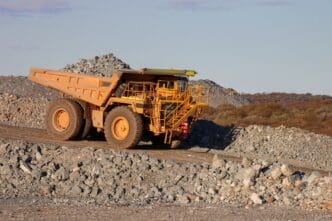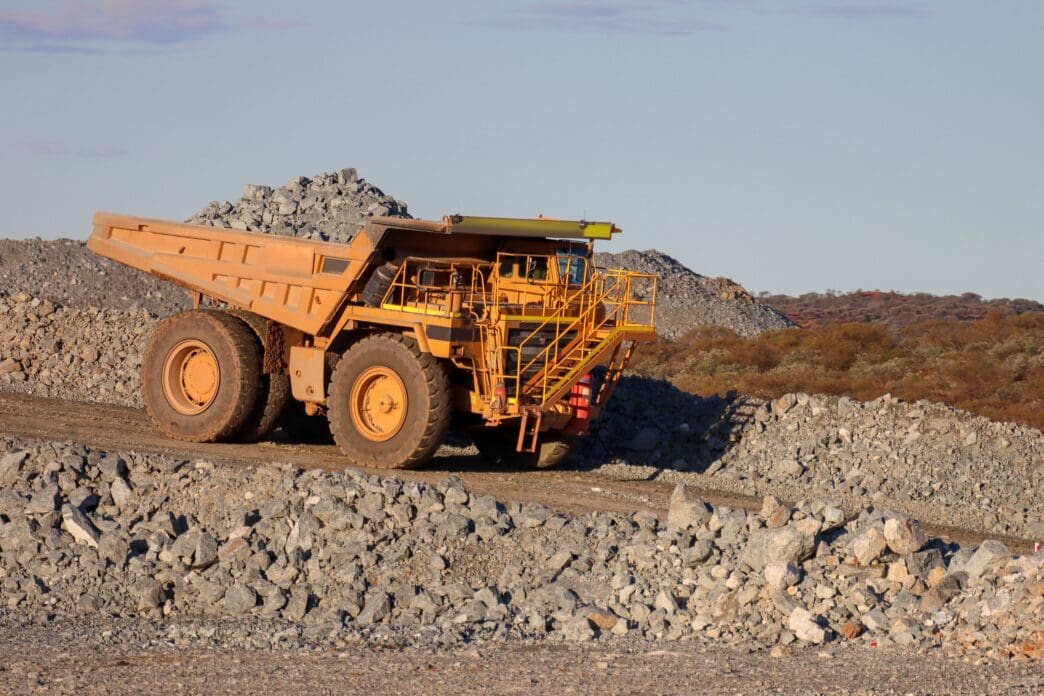Executive Summary
The Story So Far
Why This Matters
Who Thinks What?
European Commissioner for Trade Maroš Šefčovič engaged in a phone call with Chinese Commerce Minister Wang Wentao on Tuesday to address China’s recently imposed export restrictions on rare earths. The discussions aimed at de-escalation, with Šefčovič emphasizing the European Union’s lack of interest in escalating the dispute, which has made the bloc a collateral victim of broader US-China trade tensions.
EU Seeks Resolution Amid Export Curbs
The call, described as “constructive” by Šefčovič, concluded with an invitation for Minister Wang to visit Brussels in the coming days for further talks, an offer that was accepted. China’s new controls, announced on October 9, require companies to obtain licenses and declare the intended use of rare earth products for export.
Šefčovič previously characterized this licensing procedure as “unprocessable” for European companies, citing the stringent conditions imposed by the Chinese administration. These restrictions pose a significant challenge given the EU’s heavy reliance on China, which accounts for 60% of global rare earth production and 90% of refining, according to the International Energy Agency.
Impact on European Industries
Rare earth minerals are crucial for various European sectors, including digital technology, automotive manufacturing, energy production, and defence. European Commission President Ursula von der Leyen voiced serious concerns to MEPs, warning that a new wave of Chinese export controls could disrupt production and increase costs for EU firms.
The situation for European companies is already tense, with only half of their license applications reportedly approved by China. In response, European Commissioner for Industry Stéphane Séjourné held a videoconference with key industry representatives, including major players like Volkswagen, Stellantis, Siemens, Bosch, Solvay, and Umicore, to assess the impact of the new controls.
While a “one-size-fits-all solution” is deemed unlikely in the short term, Commissioner Séjourné’s office indicated that the EU is exploring the creation of a potential joint purchasing and storage centre to mitigate the effects of these controls. This strategy aligns with the bloc’s broader goal of diversifying supply chains through new trade deals and investing in recycling initiatives.
Broader Geopolitical Context
The issue of rare earth export controls is expected to be addressed at a forthcoming one-day EU summit, although a specific discussion on the matter has not been formally requested by any member state. Nevertheless, the summit will cover topics of competitiveness and green technology, providing an opportunity to integrate a “message of economic security.”
Beijing’s decision to implement these export controls follows a resurgence in trade tensions with the United States. These tensions have significantly tested relations since the return to power of President Donald Trump and continued through subsequent administrations.
Recent US actions include imposing fees on ships built or operated by Chinese companies docking in American ports, and expanding its blacklist of Chinese companies to restrict access to US technologies. While reciprocal tariffs between the two economic giants had previously exceeded 100%, they have since settled at 10% on US goods entering China and 30% on Chinese goods exported to the US, following a truce agreed in May in Geneva, Switzerland.
Outlook
The EU finds itself navigating a complex global trade landscape, seeking to de-escalate tensions and secure critical supply chains while being indirectly affected by the ongoing trade disputes between the US and China. The focus remains on strategic diversification and internal resilience to safeguard European industries reliant on essential raw materials.








